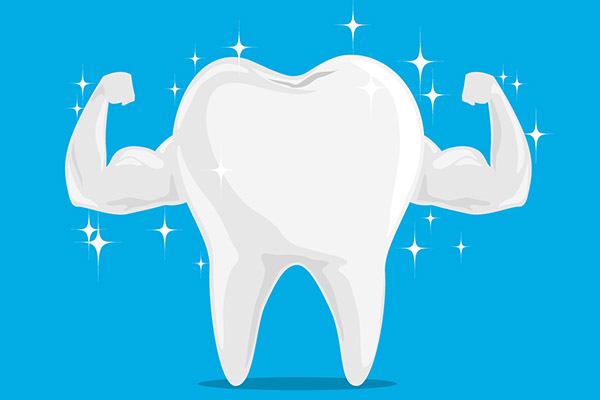Different Levels of Sedation Dentistry

Sedation dentistry might be necessary when feeling anxious or nervous about visiting the dentist for routine care or certain procedures. Dental anxiety is a common condition and it can be caused for a variety of things. Some people have a fear of dentists due to past negative experiences, while others might be afraid of the tools used by dentists.
Sedation dentistry serves a crucial role since people with dental anxiety may do anything to avoid going to the dentist. As a result, minor dental issues are left to fester until they turn into something more serious. This leads to higher dental bills, more pain and extreme discomfort, all of which could be avoided if the appropriate measures were taken early on. It is the pain caused by serious dental issues like cavities and infections that often forces people with dental phobias to face their fears and see a dentist.
The different levels of medication used in sedation dentistry
Sedation dentistry aims to keep patients with dental phobias relaxed during their treatments. This makes their experience at the dentist more pleasant while the dentist can get more work done. Here are the various levels of sedatives that can be used to keep patients calm and relaxed during treatments:
1. Minimal sedation
This is the first level of sedation used to combat dental anxiety. It can involve inhaled medication like nitrous oxide, also known as laughing gas or oral medication. Laughing gas is used to keep patients calm and relaxed during their treatment. The medication is administered via a face mask and it takes effect within a few minutes. The effects wear off quickly, allowing patients to drive themselves home afterward.
Oral medication like Halcion, a type of valium, can be used to address the anxiety that might occur before getting to the clinic. The pill can be taken about an hour before the patient's appointment. Such medication will make a person drowsy, so transportation should be arranged.
2. Moderate sedation
These medications are used to put the patient in a reduced state of consciousness. The patient should still be able to respond to verbal commands given by the dentist during their treatment, but they might not remember what went on afterward. The patient's reflexes remain functional under the influence of these drugs and they can breathe without assistance. IV administration and oral medication are typically used as moderate levels in sedation dentistry.
3. Deep sedation
This level of sedation leads to very low levels of consciousness and the patient might not be able to respond to commands. The patient might also need assistance breathing and keeping their airways open. This level of sedation dentistry is usually used during surgical treatments.
4. General anesthesia
This leads to a total loss of consciousness that the patient cannot be awakened from even when stimulated with pain. The patient will need a ventilator to keep their airways open. This level of sedation is typically performed in a hospital setting for more complex oral procedures.
Explore dental sedatives
Call or visit our Winston-Salem clinic if you need help getting past any dental phobias.
Request an appointment here: https://dentalcenterofthecarolinas.com or call Dental Center of the Carolinas at (336) 542-2184 for an appointment in our Winston-Salem office.
Check out what others are saying about our dental services on Yelp: Sedation Dentistry in Winston-Salem, NC.
Recent Posts
The oral hygiene basics recommended by dentists are essential for healthy teeth and gums. They include brushing and flossing, which should be done twice and once a day, respectively. However, not everyone adheres to this guidance. Is it that bad if you skip these practices.As it turns out, failing to observe oral hygiene basics can…
Consistent oral hygiene is essential for promoting strong oral health. While responsibly caring for your mouth deserves attention throughout the day, oral hygiene basics before sleep is essential in keeping your teeth and gums healthy over time.Regularly practicing strong oral hygiene habits before bed can make a world of difference in the health of your…
Although many people believe that plaque and tartar are the same, they actually have significant differences. Understanding the distinctions between these two dental conditions can help you identify their warning signs and practice oral hygiene basics to avoid them.Plaque is a soft film containing millions of bacteria that build up on your teeth, gums, and…
When you visit the dentist, you expect to get your teeth cleaned and learn the current state of your dental health. However, many people overlook the expertise that dentists can provide about oral hygiene basics.In addition to caring for teeth, dentists can offer helpful recommendations for patients to maintain tooth health. Discuss these important topics…


